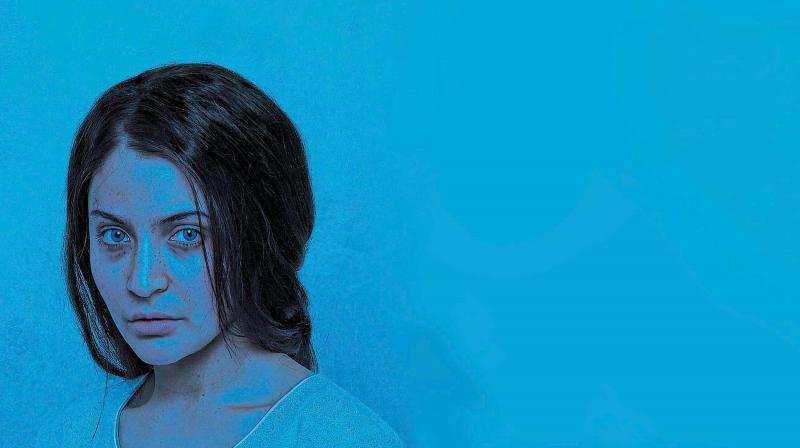Horror doesn't spook a-listers
Established actors rarely ever dabble in the horror genre. From cheesy horror scripts to gimmicky production value, the reasons are aplenty.

A regular complaint is that Bollywood is unable to produce quality horror films. Following the release of your average Bollywood horror film, critics and audiences unanimously voice their distaste for what is offered in these scare flicks.
It’s also a genre that Bollywood rarely dabbles in. And when it does, it is immersed in criticism. Perhaps that seems to be one reason why established actors and actresses in the industry steer clear of it. In fact, even the annual horror film releases sport debutante actors now, who almost never take off after the project predictably fizzles out at the box office. For instance, 2017 saw the release of The House Next Door starring Andrea Jeremiah as the female lead. The Final Exit saw TV actress/ vamp Reyhna Malhotra playing the lead.
At the moment, however, Anushka Sharma brings a fresh change to this scene with the supernatural horror thriller Pari. Garnering accolades for her first-ever horror film as an actress and producer, it seems like the A-lister seems to have struck gold with her project.
And thus a trend has begun — the industry has regained a certain interest in horror. With Golmaal Returns, Pari, an upcoming project starring Rajkummar Rao and Shraddha Kapoor in Stree, it looks like horror could soon become mainstream once again.
While its emergence into audience popularity could take its own time, it remains unclear why A-listers have been too spooked to sign up for horror movies in the first place. Film analyst and journalist Omar Qureshi, says it’s a curse that Bollywood lives with. “I’m a horror movie buff and have tried to read all and see everything in the genre. But it’s been a bane of Bollywood that only poor budgets and lesser-known stars graced these films,” he laments.
Despite some rare hits between long intervals, Omar points how the horror isn’t the preferred genre for big stars — “it still has not found respect,” he shrugs.
Director Pavan Kirpalani, however, completely gets why A-listers steer clear of the genre. Having written and directed horror flicks such as Phobia, Ragini MMS and Darr @ The Mall, Pavan believes the perception of horror has been butchered over the years. Especially since there haven’t been worthy movies in the genre in the last decade or so.
But what irks Pavan the most is how horror films aren’t just that anymore — they are a weird, loud cocktail of a woman in danger and sex. “I don’t know how and when soft porn became imperative to the treatment of horror films in Bollywood. It offers nothing to the script and often maligns the project and the genre in itself — titillating treatment like this has already reduced the genre to a B-grade one of sorts,” he rues.
Therefore, he tends not to blame actresses for wanting out of such projects. “It is the same old regressive light that actresses are shown in horror films. Playing damsel in distress, running around, screaming for help — the filmmaking at the moment reduces them to mere props,” he says.
With Pari, Anushka intended to change this scene. “As an A-list actress, I want to back content and back things that has not been tried before. If I succeed, then it will add value to it,” she once said in an interview before the release of the film.
But even as some see hope for the genre, trade analyst Vinod Mirani believes it is simply not meant for the Indian audiences. “Indian audiences do not receive horror films as well as they do dramas and comedies.”
“The priority for them is either entertainment or watching a story they identify with,” he states. Adding that options are available on digital streaming sites, Vinod says that those who are interested in the genre usually take their pick from there.
Still, Pavan only hopes the horror treatment in Bollywood ameliorates. “There is so much to do with horror. It is not just the means to scare an audience — it involves a strong storyline, it needs to talk about an issue relevant to society. I feel if more filmmakers start treating it well, and write proper stories around it, it will be more acceptable and shed the B-grade image it sports today,” he smiles.

